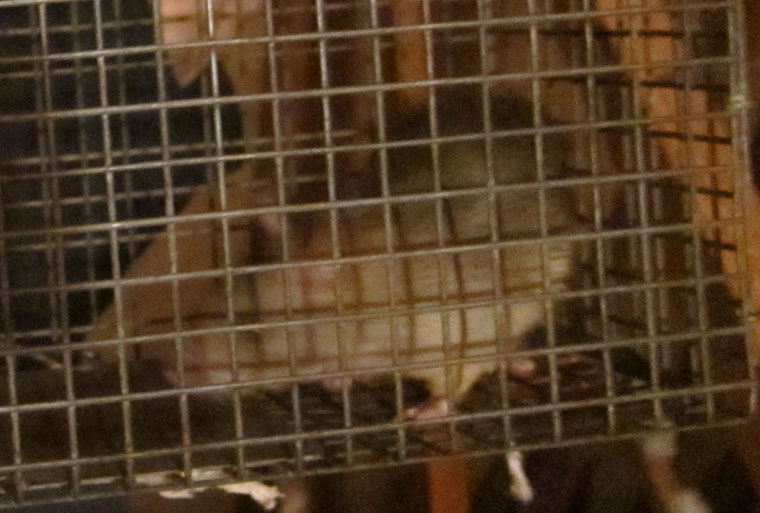- info@wildlife-removal.com
Call us for help in your town
Wildlife Removal Education
What Does a Rat Trapper Do With Rats?
Need rat removal in your hometown? We service over 500 USA locations! Click here to hire us in your town and check prices - updated for year 2020.
Most rat trappers use snap traps to deal with rats in a residential or commercial building, so there is very little that needs to be done afterwards except dispose of the carcasses. This is often safely done via a bonfire.

Different pest or rat control companies will have different approaches to rodent control and removal. A rat trapper, as we have discussed, will take on a vermin approach - the animals spread disease, cause masses of damage and destruction, and should be destroyed. As much as this may seem like a rather harsh stance, it is definitely one that must be taken from time to time, especially right now; we have so many rats living right alongside us in homes and businesses all over the country that we have no choice but to do something about it. Otherwise, we'll end up a little like the Middle Ages when the Black Death hit. Rats can spread parasites and diseases that have the potential to wipe out entire generations of people and it's a point that we definitely shouldn't forget.
In some places, rat rehabilitators or wildlife rehabilitators will work to trap rats alive and then release them back into the wild. This helps with population management, especially in areas where certain animals or insects are proving to be a problem - rats can help keep numbers down as long as they are monitored and populations are controlled. We must also remember that rats provide food to a great deal of other, larger predators. Without rats, many of those predators wouldn't be able to find enough food to support themselves and could die.
The one thing that your rat removal expert shouldn't do is use poison to kill rats. With more and more rats showing immunity to typical rat poison, and no clue where the dead rats actually end up if they do die, poison often presents you with more problems than it solves. You are then left with the task of finding every single rat carcass and disposing of them, as well as trying to work out what materials or surfaces the rats might have come into contact with. If you do not remove dead rats, the smell will be beyond bearable after a while. Not only that, other animals will soon come in to eat the carcasses, including insects and unsavory bugs. When you're talking about animal carcasses, you're also talking about cockroaches, maggots, flies, and more. There's little point in getting rid of a rat infestation only to end up with an insect one instead.
We actually recommend asking your rat removal technician what plan of attack they plan to take before you allow them to take any action. You should ensure that they are not using poison - that's a job you can do just as unsuccessfully yourself, without handing over a couple of hundred dollars for the privilege.
Go back to the Rat Removal page, or learn tips to do it yourself with my How to Get Rid of Rats guide.


















